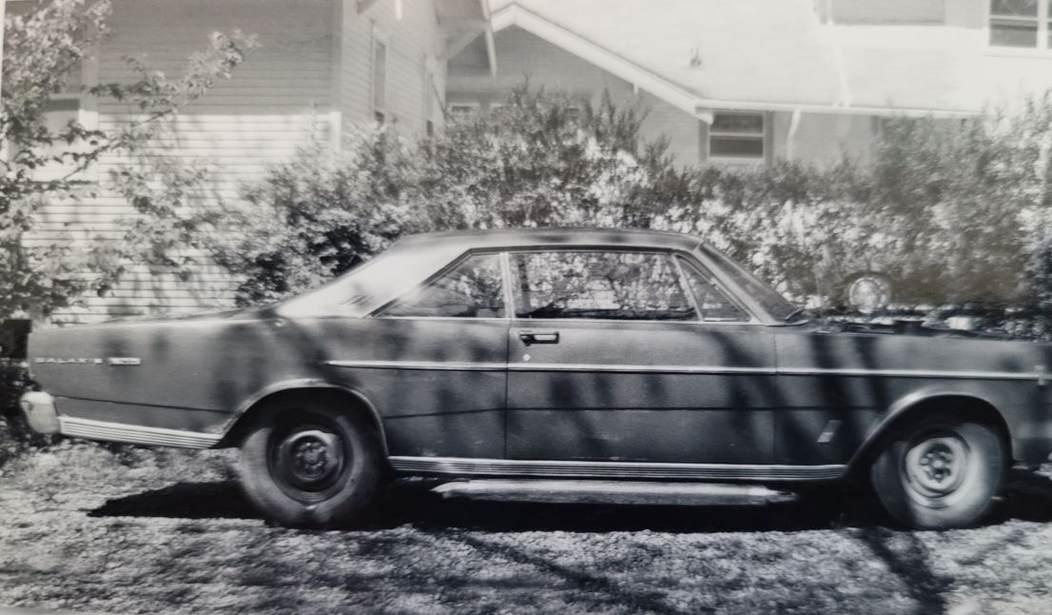The National Transportation Safety Board (NTSB) apparently thinks that American automobiles should be limited to 100 miles per hour. The whole thing started with a tragic accident:
The traffic signal on North Las Vegas’s North Commerce Street had been red for at least 29 seconds, but the Dodge Challenger did not slow down. Instead, it flew through the intersection with Cheyenne Avenue at 103 mph, almost three times the 35 mph speed limit. Carnage ensued.
The crash that occurred on January 29, 2022, was horrific. The Challenger, driven by Gary Dean Robinson, slammed into the right side of a Toyota Sienna minivan crossing the intersection. Robinson and his passenger were killed, as were all seven people in the minivan (including four children).
That's horrible. No doubt about it. But the NTSB, in the course of their investigation, promptly and predictably overstepped. While accidents at high speed can be devastating, this is an instance of attempted government overreach; the NTSB has no constitutional authority to do this, and the idea should be shut down forthwith.
But NTSB’s investigation summary also included something else: The agency recommended that automakers install technology on all new cars that can prevent reckless speeding—and, for the first time, called on the National Highway Traffic Safety Administration to mandate it.
That is an excellent, overdue idea.
It's not an excellent idea, it's not overdue, and the Constitution gives no such power to the Federal government to regulate automobile manufacturers to this extent.
For the moment, though, let's set aside the constitutional arguments. Let's look at the (tragic, awful) event that prompted this recommendation.
First, the person who caused the accident. The perp in question, Gary Dean Robinson, was one of those people who are "known to law enforcement," a previous offender, who was cited seven times for speeding but whose record only reflects one of those citations; he is, apparently, one of many whom the Las Vegas system has let off easy. This is, of course, a tendency we have seen in law enforcement time and again.
Second, Robinson was going 103 mph when the accident occurred. Would shaving three mph off his speed have made any difference? Of course not, which means that the 100 mph restriction would be the proverbial camel's nose under the tent; once a well-publicized incident occurred with an auto going 80 mph, the limit would be lowered, and again, until, what? The 55 mph speed limit returns? Thanks, no.
Some other examples of the federal government's overreaching in regulating automakers:
- MOTR Ep. 61: Joe Biden's Electric Cars Won't Have AM Radios, and That Can Have Deadly Consequences
- Mayor of Chicago Sues Automakers for Making Cars Too Easy to Steal
This is, honestly, more the kind of thing you'd expect to see in China than in the United States; yes, the same China that is trying to take over the electric-vehicle (EV) battery market, and who is courting U.S. politicians for deals to boost their own sagging economy.
As always, the answer here is simple: If the automobile manufacturers want to limit their own products to 100 mph, they are free to do so; some may, some may not, and people will purchase according to their own preferences. That's how free markets work; that's how liberty works. But every time someone says "There oughtta be a law," the answer is almost always, "No, there oughtn't," and this is one more such example. This Las Vegas situation was another example of a failure in the prosecutorial function of the city of Las Vegas or Clark County; that's where the ultimate cause of the problem lies.
Clamp down on repeat offenders who show callous indifference. And hands off our cars and trucks!
Sammy Hagar said it best (and most).














Join the conversation as a VIP Member